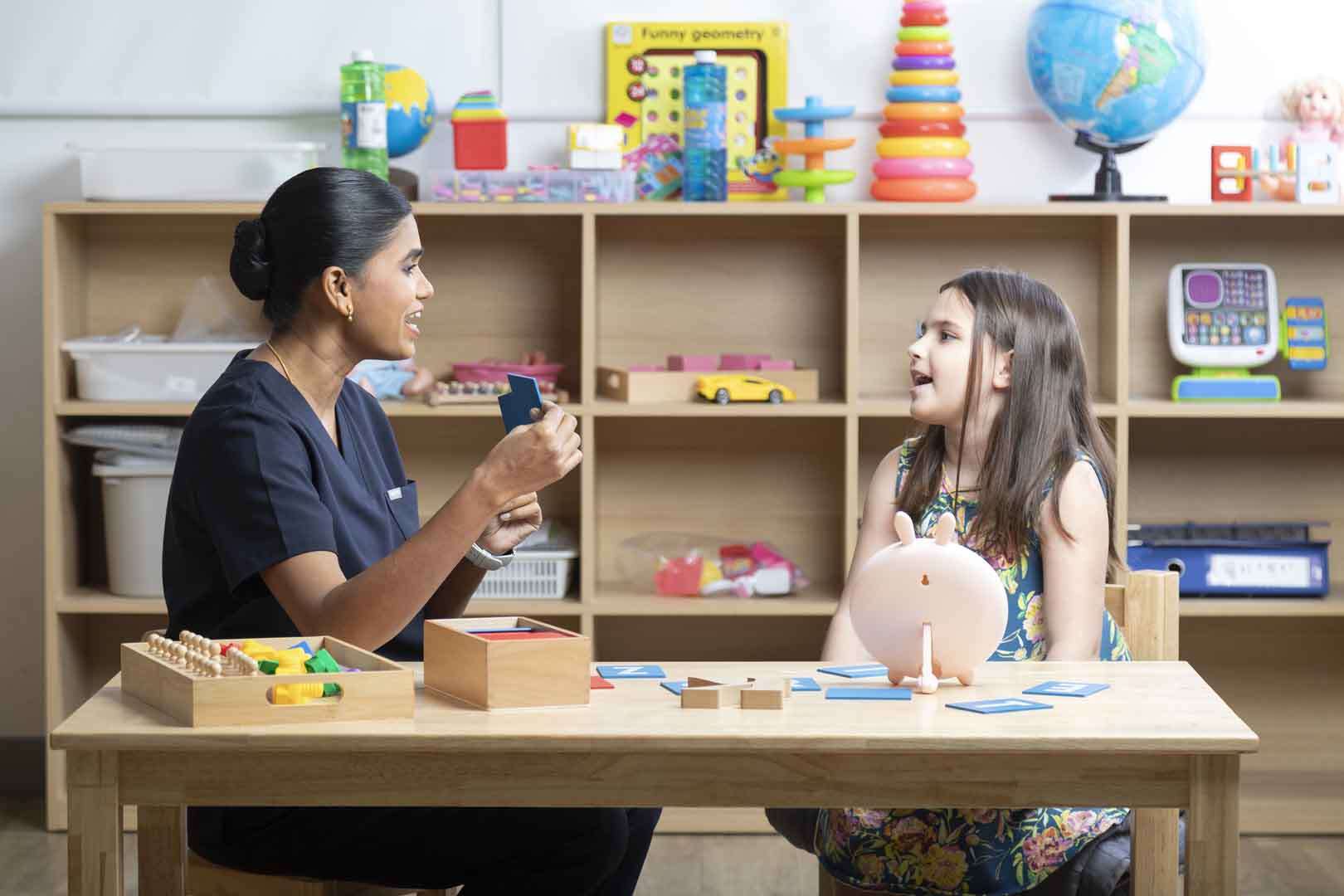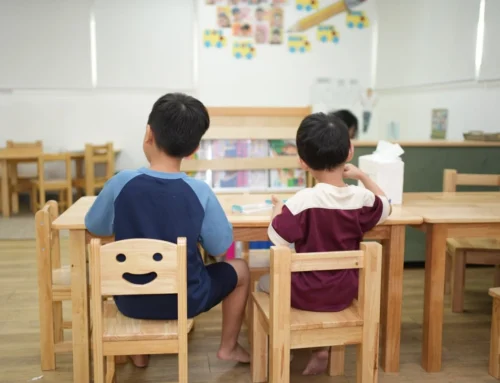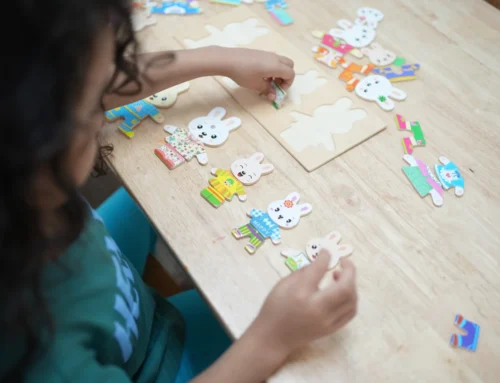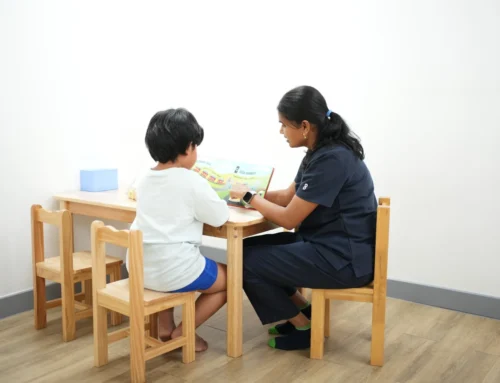Building communication skills doesn’t stop when therapy sessions end — it continues in the rhythm of daily life. Morning and bedtime routines are perfect opportunities for parents to support their child’s speech and language development in natural, meaningful ways. At OrbRom Center in Phnom Penh, we encourage families to use simple, consistent routines that nurture language growth, social interaction, and confidence every day.
Why Routines Are Powerful for Communication
Children thrive on predictability. When they know what’s coming next, they feel secure — and that’s when learning happens best. Morning and bedtime routines help children understand sequences (“first we brush teeth, then we get dressed”), practice listening and following directions, and engage in back-and-forth communication.
Speech therapists at OrbRom Center often remind parents that everyday activities like dressing, eating breakfast, or getting ready for bed are full of language-rich moments. By turning routine tasks into conversation opportunities, families can strengthen communication naturally — without adding extra work to their day.
Morning Routine Ideas to Encourage Speech and Language
1. Narrate Each Step of the Morning
While getting ready for school, talk through what’s happening:
“Let’s put on your blue shirt. Now it’s time for socks — one, two!”
This simple narration builds vocabulary, helps children follow sequences, and improves understanding of everyday words.
You can also add descriptive language — “The water is cold!” or “Your shoes are under the table.” Such phrases expand comprehension and encourage children to use adjectives and location words in their own speech.
2. Encourage Choice-Making
Offer small choices to promote expressive language:
“Do you want rice or bread for breakfast?”
“Should we walk or take the car today?”
Making choices gives children a voice in their routine and helps them practice using clear, purposeful words. Even children with limited speech can point, use pictures, or sign — something our team supports through Augmentative and Alternative Communication (AAC).
3. Use Songs and Rhymes to Start the Day
Singing simple morning songs like “Good Morning to You” or “This is the Way We Brush Our Teeth” adds rhythm and repetition — both key elements in speech development. Songs help children remember language patterns and make communication fun and engaging.
For children with speech delays, parents can try clapping or tapping rhythms as they sing. Music and movement activate multiple areas of the brain, supporting both language and sensory integration — similar to strategies used in speech and occupational therapy.
Bedtime Routines That Strengthen Connection and Communication
1. Create a Calm, Talk-Friendly Environment
Bedtime is an ideal time for quiet conversations. Turn off screens and use this calm moment to talk about the day:
“What was your favorite part of school?”
“Who did you play with today?”
Encouraging children to express feelings and recall events supports memory, sequencing, and emotional vocabulary — important goals in many speech therapy programs.
2. Read Storybooks Together
Reading bedtime stories builds imagination and language. Pause to ask questions:
“What do you think will happen next?”
“Can you find the dog on this page?”
These interactions promote comprehension, attention, and inferencing — skills that speech-language pathologists often target in therapy.
You can find additional strategies in OrbRom’s guide: Using Storybooks and Visuals in Speech Therapy.
3. Use Repetition and Reflection
Children learn through repetition. Use the same phrases nightly: “It’s time to brush your teeth,” or “Good night, sweet dreams.” Familiar language patterns help children anticipate meaning and build confidence to use those words independently.
Repeating favorite books, songs, or bedtime prayers also reinforces vocabulary and sentence structure — especially helpful for children with language delays or autism. For families working with OrbRom’s special needs intervention program, bedtime routines can complement therapy goals at home.
Supporting Communication Beyond the Clinic
The best communication progress happens when therapy principles extend into daily life. Parents can collaborate with their child’s speech-language pathologist to identify specific language targets to practice during routines — such as labeling, requesting, or answering WH-questions.
At OrbRom Center Phnom Penh, we guide families through personalized home strategies as part of our speech therapy services. Whether through morning check-ins or bedtime storytelling, every moment can become a chance to build understanding, confidence, and meaningful communication.
Conclusion
Morning and bedtime routines are more than just daily rituals — they are language-building opportunities waiting to happen. By talking through activities, reading stories, and making simple choices part of the day, parents can support communication growth naturally.
At OrbRom Center, our speech therapists in Phnom Penh help families design practical, play-based routines that strengthen both language skills and family bonds. Consistency, patience, and connection — that’s the foundation for strong communication.
We are the only Preschool specialized on children with special needs in PhnomPenh.
- Internationally qualified teachers
- Cambodia’s largest sensory room
- Outdoor swimming pool
- Covered outdoor playground
📞 Phone: 077.455.993
Telegram Link: https://t.me/OrbRom





